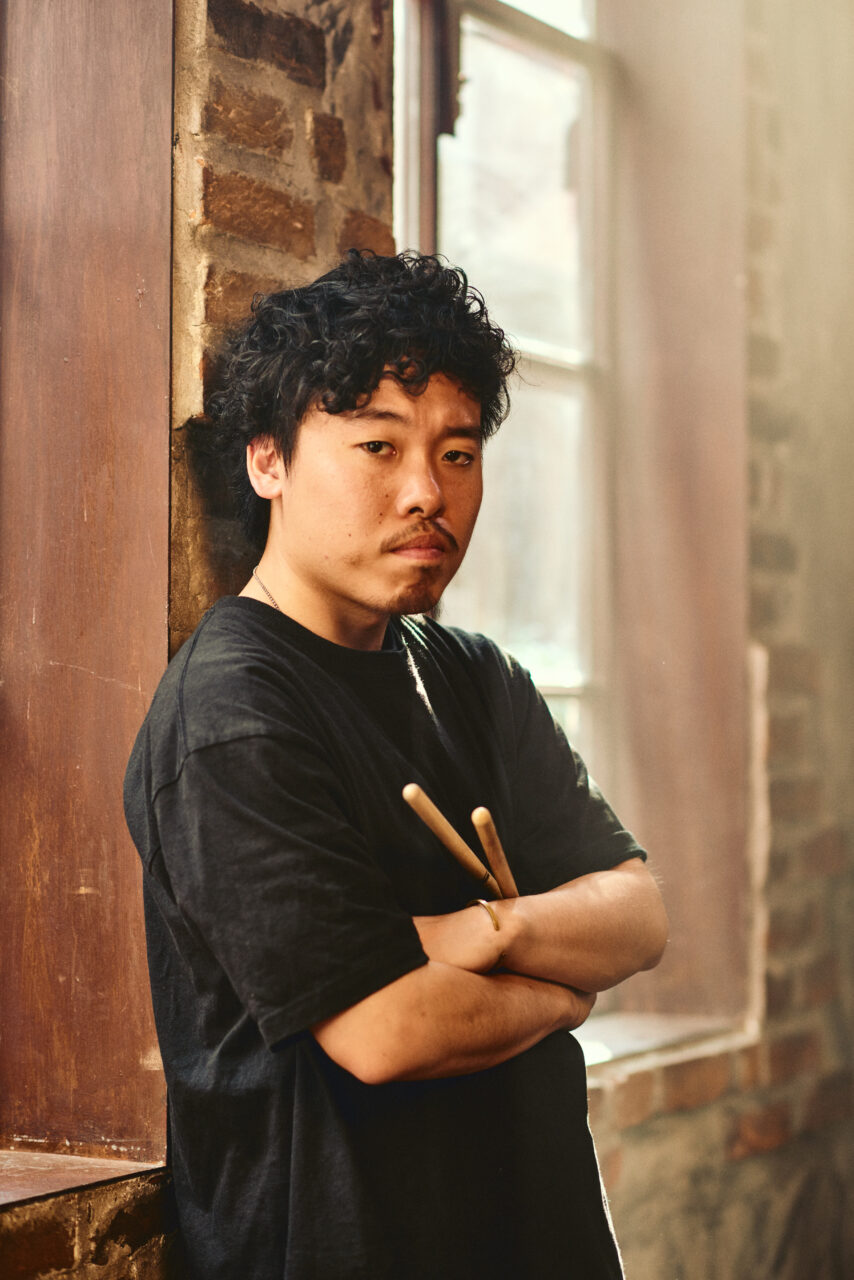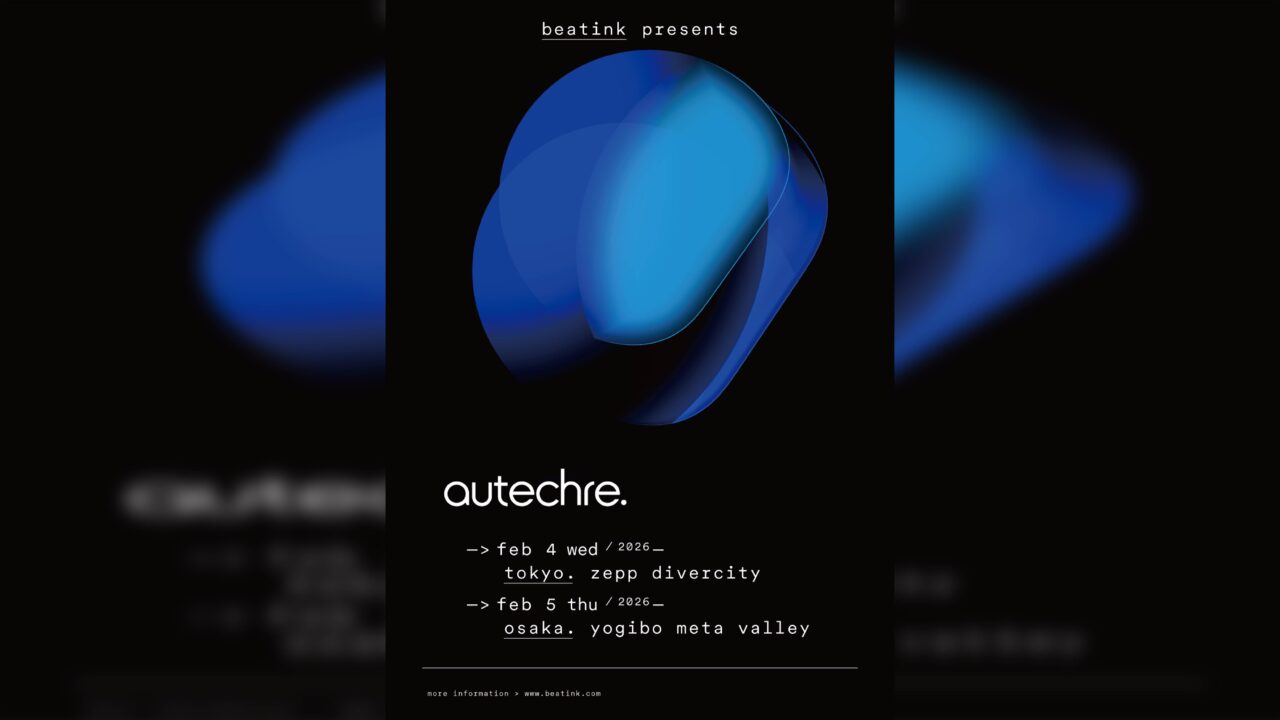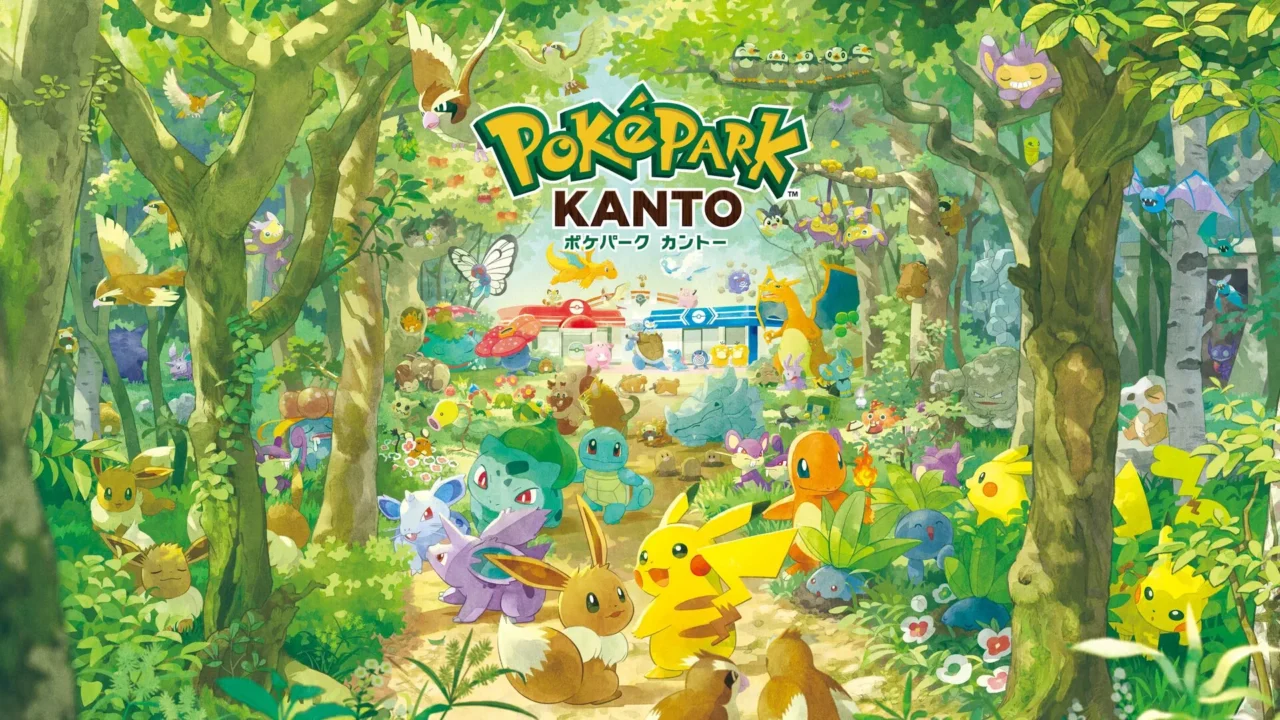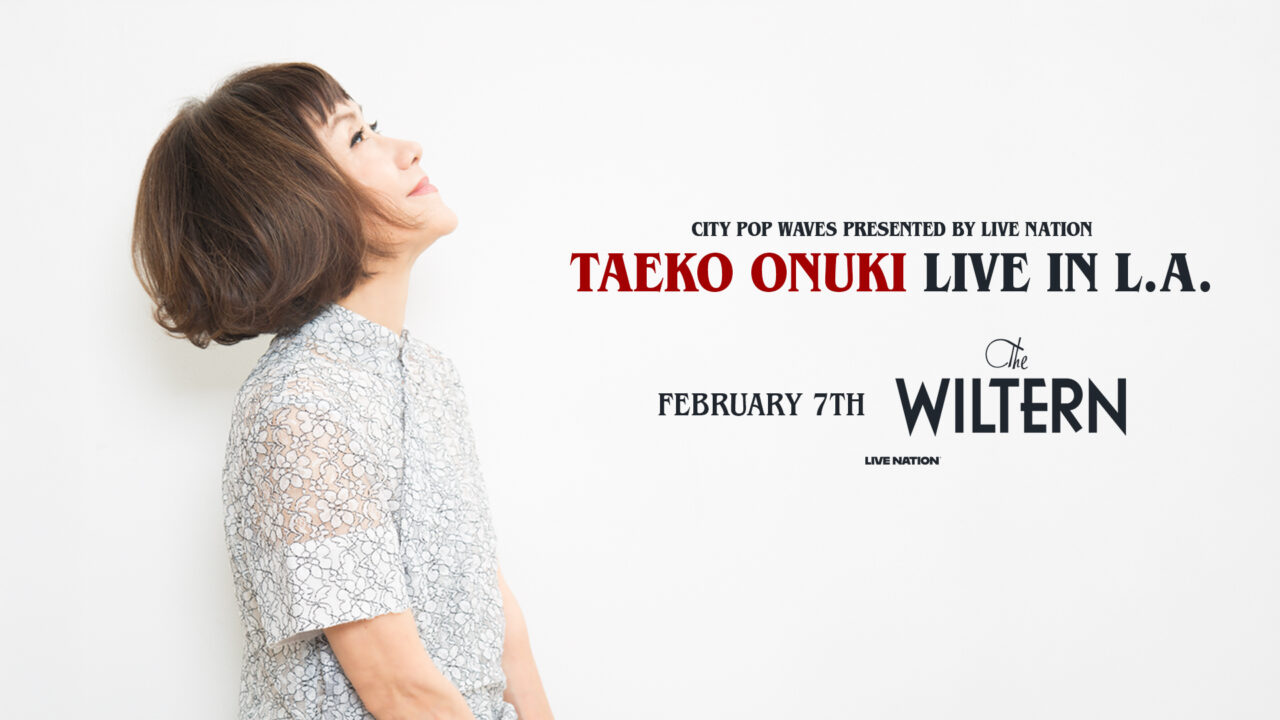This year marked a pivotal period for jazz drummer Shun Ishiwaka. Widely recognized for his role in the film “BLUE GIANT,” Ishiwaka has been a standout presence in the realms of jazz and academic music. His journey began in his teenage years when, at the tender age of 12, he guest-performed at Terumasa Hino’s live show. His academic prowess was evident as he graduated at the top of his class from Tokyo University of the Arts’ percussion program. In recent times, his influence has transcended into the pop music sphere, forging collaborations with renowned artists such as Ringo Sheena, Gen Hoshino, Kenshi Yonezu, and more.
Unveiling the astonishing work ethic that goes beyond his incredible performances, leaving us wondering when he finds time to sleep. Collaborating across genres, famous and lesser-known artists alike, his remarkable versatility knows no bounds, consistently delivering performances that defy expectations. Whether in the studio or on stage, he surpasses the ordinary. Unraveling the wellspring of Shun Ishiwaka’s boundless potential and his unyielding commitment to pushing the limits.
INDEX
Pandemic-Formed Bonds Flourish: The Year 2023 Unveils Blossoming Relationships
– Please tell us about your main activities this year. How did you come to participate in Ayaka’s nationwide tour “Funtale Tour 2023”?
Shun Ishiwaka: I think it was before the pandemic, but I was invited by Kei Kono, a keyboard player who also went on this tour with us, and we went to the site where Ayaka was recording. From there, you entered the pandemic, but even though you were no longer able to perform live, you were still only recording. Even during the stay-home period, those who were able to move gathered in secret. Under these circumstances, Mr. Kono gave us a lot of work.
Kono has produced various artists, including Hikaru Utada. For example, we worked together on an album by Chiaki Sato of “Kinoko teikoku,” and although he is my senior, we are close like “brothers.” We built up that kind of relationship through the pandemic, and when it was over and I was finally able to move around freely, I was invited to join Ayaka’s tour, where he was the banjo player.

Percussionist, born in 1992 in Hokkaido. Graduated from Tokyo University of the Arts after studying percussion at the high school attached to the Faculty of Music. Upon graduation, he received the Acanthus Music Award and the Doseikai Award. As a leader project, he leads Answer to Remember, CLNUP4, SMTK, and Songbook Trio, and has participated in numerous live performances and productions by Kururi, CRCK/LCKS, Kid Fresino, Kimijima Ozora, Millennium Parade, and many others.
– It seemed Ayaka hoped to perform live with musicians of her generation.
Ishiwaka: Yes. At first, it was just me, Kono, guitarist Shudai Nishida, and bassist Shunsuke Ochi (CRCK/LCKS), who has played with us many times. The tour was interesting. It is a well-known fact that Ayaka is a great singer, but when she performs live, there is a general image that the “vocalist” and the “backing band” are often separated. However, we were not that type of musicians, so we did not try to play along with the synchronized music, and it was a challenging site to do it by ourselves without using clicks as much as possible.
For example, instead of using electronic drum pads for the main bass drum, snare, and hi-hat, I lined up three different types of live bass drums and changed their tones for each song. I am not the type of drummer who plays sampled sound sources using electronic drums, but this time I introduced a Roland SPD (sampling pad), and for the first time, I used it to produce the synthesizer’s upper mono material and sampled sound sources while playing the drums. Ochi and Nishida also played on the pads while playing their instruments, and at the same time they would change the pedal effectors on their feet (laughs). While we were doing this, we also had a high degree of freedom in the physical performance, and we were able to create an organic ensemble, with Ayaka singing in response to the ensemble. That is why I felt so much tension at each performance. She seemed to be enjoying herself, and it was a very fresh experience for me as well.
– It was easier to find a way to make a living with pop music, which requires a lot of studio work, than with jazz, which is mainly performed at live houses. In that sense, the pandemic may have been one of the major triggers that led you to the pop field.
Ishiwaka: Maybe so, and while everyone was thinking “I have to move somehow,” I happened to be blessed with connections with people who had such skills and artists who never stopped creating. Well, I think that many artists were creating their works by recording at home, and I myself, in the band SongbookTrio, which I formed with Nishida and Kakudo Mami, released four works, although they were Bandcamp-only. I think it was a good time, but as you say, it was very difficult to have a live audience, since many places in the jazz scene introduced live streaming. A lot of tours got cancelled.
INDEX
Collaborations with Sheena Ringo and Kenshi Yonezu for the Theme Song for “The Boy and the Heron“
– You also participated in the recording of SexyZone’s “Honne to Tatemae,” for which Ringo Sheena provided the music.
Ishiwaka: This spring, Sheena was on his 25th anniversary tour, and we recorded the song with the members of that tour. First, I received a demo, and I started by thinking about how I would reproduce it. I sometimes guessed that she made the whole demo while imagining the groove of each player, and when I reproduced it, she was very happy and said, “That’s what I wanted to do! I reproduced it, and the artist was very happy. I realized once again how much I love being involved in the process of realizing what an artist wants to express.

– What was it like to work with Sheena?
Ishiwaka: When we first played together on the first day of rehearsal for the tour, I thought, “She is really full of music. As we proceeded with rehearsals, she would sometimes give us detailed ideas for fill-ins, such as comparing us to great historical and world-class drummers. She has a tremendous amount of knowledge about that, and she also knows an awful lot about playing other instruments. During rehearsals, he always had a keyboard by his side, and would tell Masaki Hayashi, the piano player, about harmonies, saying things like, “The voicing of this chord is like this,” while playing the chord himself.
For staging and direction, she was also very detailed in directing everything from the accessories of the supporting members to their shoes. I was also impressed by that, and I could understand why everyone involved respects her so much.
– One of your recent works that surprised me was “Globe” by Yonezu Kenshi, the theme song for Hayao Miyazaki’s latest film, “The Boy and the Heron.” It was not announced until after the film’s release, but how did you go about the actual production and recording of the song?
Ishiwaka: Well, I didn’t know about it until right before the movie was released. Could it be that song? I saw it on Twitter and I was like, “Oh my God, maybe it’s that song!”
– [Laughs]. Was it really like that?
Ishiwaka:When we recorded the song, I thought, “This must be one of the songs that will be on Yonezu’s new album,” and we went to the studio as usual and had fun recording drums. Thank you for your hard work! I’ll take apart the setup!” I was surprised because I had forgotten what I had played and when it was going to be released. “Omg, Ghibli?” I was surprised because I had forgotten when I was going to release it and how I played it.
– [Laughs].
Ishiwaka: Of course I thought, “You should have told me! (laughs). But if I had been informed at the beginning, I might have thought something unnecessary like, “Do I have to show the Ghibli feeling I think I have? As a result, I am glad I could keep the performance very natural.

– What was Yonezu’s production process like?
Ishiwaka: I am often called in when the arranger, Yudai Bando, is present. Bando was my senior in high school (Tokyo National University of Fine Arts and Music High School). I was sometimes involved as a percussionist in contemporary music pieces he composed at school. We were close enough to go to karaoke and movies together, and it is deeply moving for me that we are now working together at the forefront of the pop field because of our activities at that time.
As was the case when I first played on Yonezu’s “Electric Shock” (2020), I am always thrilled when unexpected miracles happen on Yonezu’s stage and things turn out to be interesting. I always wonder what will happen today. I always wonder what will happen today.
Bando is amazing. He has won tremendous awards as a contemporary music composer and is also involved in hip activities that everyone is familiar with, so I think he is in a state of unrivaled talent.
https://www.instagram.com/p/CuyIMGrRd1s/?utm_source=ig_web_copy_link
INDEX
Shun Ishiwaka’s Mindset: Juggling Intense Demands with a Surprising Reserve
– What have you noticed in the past few years of doing pop music that is song-based?
Ishiwaka: This may be a story about the way we listen to music, but I thought that when lyrics are added, it has the effect of making the listener remember more strongly the musical situation surrounding the words. Moreover, it is interesting that the image of the lyrics changes in various ways over time. This is a feeling I have never had when I play jazz music with high improvisational elements every day, so I think it makes a difference between instrumental music and music with lyrics. I don’t know if I’m explaining it well.
From the side of playing, in the case of a certain style of jazz, you play more and more, imagining the future, not knowing what will happen in the future. In a situation where we play the same song every day on tour, there are various roads and landscapes toward the goal one kilometer ahead, and they are totally different each time, and it is highly improvisational music where we enjoy or break the differences. In contrast, in the case of pop music performance, there is a more fixed path and scenery, and you think about how to walk along it and how to color it. I feel there is such a difference. Moreover, the drummer is a very influential member of the ensemble and has a heavy responsibility.

– What do you mean by that?
Ishiwaka:If there is a certain structure to a performance, for example, a few bars before the chorus, the drummer should hold the sound of the band in a tight embrace, and at the beginning of the chorus, he should play with the image of lifting the energy to the space above the chorus. That is a very different way of using my head from the moment I am playing jazz, but of course the stance I value in any music is the same. I want to have a sensor that can always catch someone’s little idea that is born at that moment. By making use of this, I try to find “the unknown scenery of the day. So I don’t intend that I have to switch modes when I am playing.
– I have the impression that you are one of the busiest musicians in the world today, and that you perform every day while traveling between sites in completely different fields. I always wonder how you can handle such a large amount of work. If I were to use our work as a metaphor, it would be like interviewing a scientist today and an athlete tomorrow. And there is almost no time to prepare.
Ishiwaka: Haha, I see.
– How do you actually handle it?
Ishiwaka:I consider myself very lucky. I have recordings and live performances like this every day, and of course I have to prepare for them. I have to listen to demos in advance, select equipment, visualize the tuning, and look over the score. But I think the way I prepare is speedy because of my musical experience from childhood. People think I look busy and wonder if I have time to prepare, but in reality, I always have energy to spare, and I always feel excited about the new music I encounter.
– I see.
Ishiwaka:I think that all of the experiences I have had through the years are necessary for the way I work now, and they allow me to do what I do with a little extra energy. I have played many different styles of music, even within the music called jazz, and I wonder if I have been able to give back to completely different music because of each of the things I have sensed there. I guess you could say that at my age, I’m getting better at playing those cards in my hand.
– I am sure that this is because of your experience of boldly jumping into new and unfamiliar fields since your were young.
Ishiwaka: I have also been lucky enough to keep running into people who enjoy me. I think there is such a thing as timing. I have been blessed with strong encounters that I have been able to have because I met this person at the right time. I am extremely grateful.
























